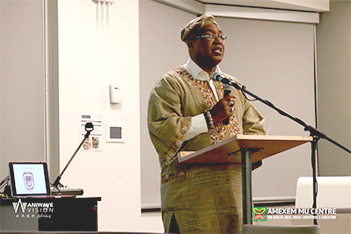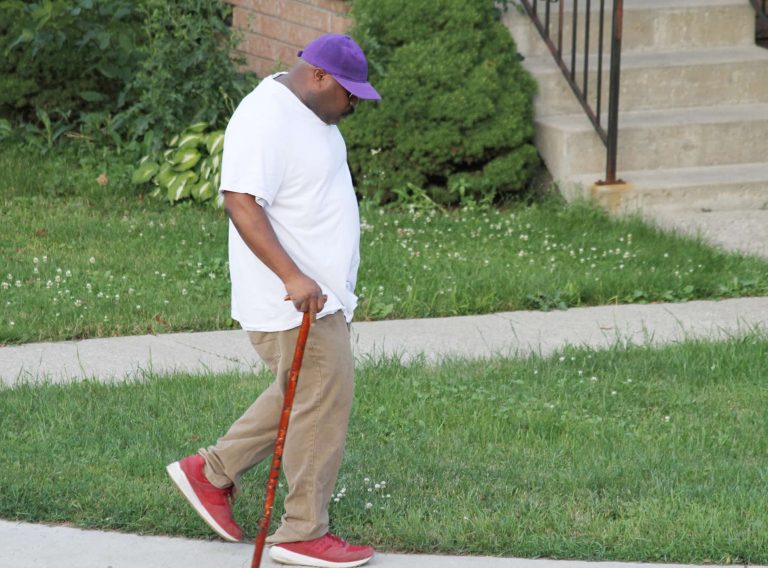The International Decade For The People Of African Descent (Idpad) And Other Un Documents Recommendation

Three Chronic Dis-Eases That Strike The People of Afrikan Descendants (PAD) In Canada And Globally
March 6, 2022
Responding To The Health And Mental Health Conditions Of People Of Afrikan Descent
March 6, 2022The international decade for the people of African descent (idpad) and other un documents recommendation governments, and corporations eliminate over 400 years of, normalized, and almost invisible racism and discriminatory practices hindering people of Afrikan descent’s development and advancement. they recommended that they implement initiatives and provide access to resources for the economic, political, and social advancement of the pad.
Extensive research from peer-reviewed articles and other documents indicate there is a silent epidemic of chronic physical and mental health diseases hindering the development and advancement of PAD, Veenstra, and Patterson (2015) write the degree of disparity is higher amongst “Black Canadians” than the general population. The same research as well as the UN’s Working Group Experts on People of African Descent to Canada report, 2017, state, the Canadian government should grant “district” measures to PAD similar to the Indigenous People such as financial resources and infrastructure, to redress the critical issues obstructing the development of PAD.
Empirical, anecdotal, and research evidence shows the health epidemic impacting PAD has been progressively worsening even with government funding being allocated to agencies working “reportedly” on behalf of PAD. Obesity, hypertension, diabetes, kidney diseases, arthritis, strokes, psychosis, and other chronic conditions are prevalent, resulting in PAD experiencing one of the highest death rates in the GTA.
The UN’s Working Group of Experts on People of African Descent recommendations to Canada, 2017 report explicitly list mental, dis-ease, incarceration, police violence, poverty, unemployment, low education attainment, hate crimes, and more are disproportionately hindering the development of PAD. They also state, these conditions resulting from racism have existed for centuries and Canada has not put definitive measures in place to eliminate them. Therefore, the working group urges the government to provide “access to resources…address the urgent mental health crises”… and most importantly, ” working to end these socioeconomic disparities.




